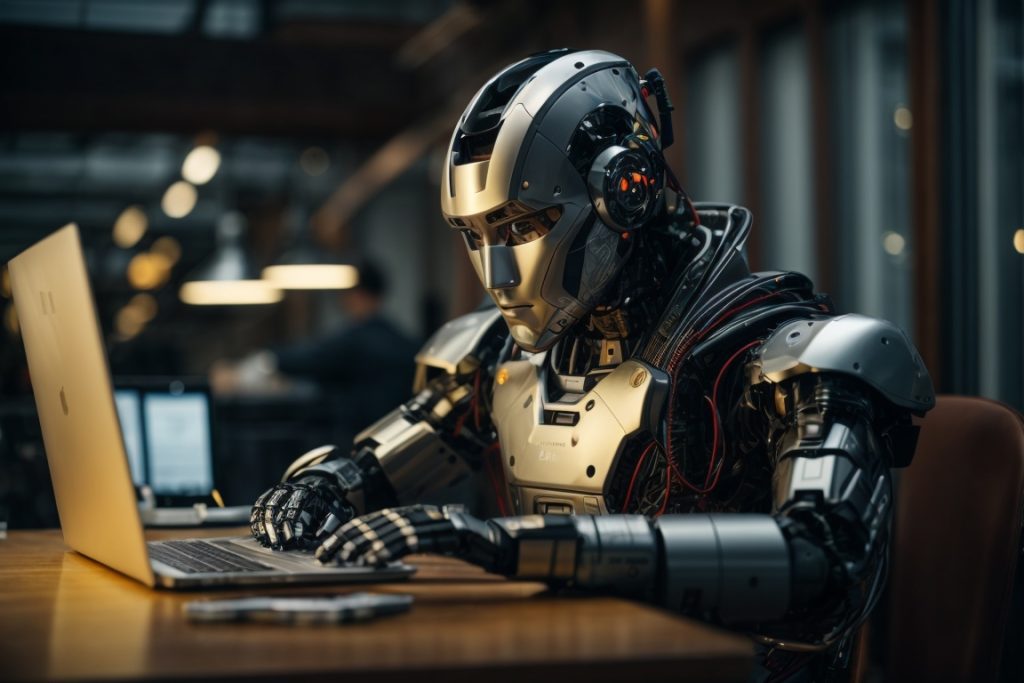
AI and Automation: Threat or Opportunity for Software Engineers?
The rapid advancement of artificial intelligence (AI) and automation is reshaping the landscape of various industries, including software engineering. This transformation has sparked a vigorous debate about the potential impact of these technologies on the future of work in this field. While some harbor concerns about job displacement, others see a horizon brimming with new opportunities and enhancements to the role of engineers.
Fears of Automation
One of the most palpable fears regarding AI and automation in software engineering is the potential replacement of human roles. These technologies are increasingly capable of executing tasks that were traditionally the domain of human engineers. For example:
- Automated Code Generation: Advanced AI algorithms are now adept at generating code, potentially reducing the need for manual coding.
- Testing and Debugging: AI systems can automate the testing process and perform routine bug fixes more efficiently than human counterparts.
- Project Management: AI tools are being developed to manage project timelines and resources, tasks historically overseen by human managers.
These advancements have led to concerns about mass layoffs and a reduction in the overall demand for software engineers. The fear is not just of job loss but also of a devaluation of the software engineering skill set.
Opportunities Created by AI
Contrary to these fears, many industry experts and analysts believe that AI will not diminish, but rather enrich the role of software engineers. They point to several areas where AI is likely to create new opportunities:
- AI Systems Development and Maintenance: As AI systems become more complex, the need for skilled engineers to develop, maintain, and refine these systems grows.
- Ethical Oversight and Compliance: With the increasing deployment of AI, there is a growing need for professionals who can navigate the ethical considerations and regulatory compliance issues related to AI.
- Data Management and Analysis: AI and automation generate vast amounts of data, necessitating skilled engineers to manage, analyze, and derive insights from this data.
Shifting Roles and Responsibilities
The role of the software engineer is not disappearing; it is evolving. This evolution will require a shift in focus and skills:
- AI Integration: Engineers will need to develop skills in integrating AI into traditional software systems, understanding how AI components interact with legacy systems.
- Cross-disciplinary Collaboration: As AI applications spread across different sectors, software engineers will collaborate more with professionals from other fields, such as healthcare, finance, and urban planning.
- Innovative Problem-Solving: Software engineers will be challenged to find creative ways to harness AI and automation for solving complex, real-world problems.
Skills for Success in the AI-Driven Era
To thrive in this AI-driven era, software engineers will need to cultivate a diverse skill set:
- Advanced Technical Proficiency: Beyond basic programming, engineers will need to understand machine learning algorithms, neural networks, and data structures.
- Soft Skills: Communication, empathy, and teamwork will become increasingly important, as AI projects often require collaboration across various teams and stakeholders.
- Continuous Learning: Given the rapid pace of technological change, a commitment to lifelong learning is essential.
AI and automation represent a seismic shift in the field of software engineering, but not a terminal threat. These technologies present an opportunity for software engineers to elevate their roles, engage in more creative and strategic work, and lead the development of innovative AI solutions. Embracing this change and equipping themselves with the necessary skills will enable software engineers to not just survive but thrive in this new era.